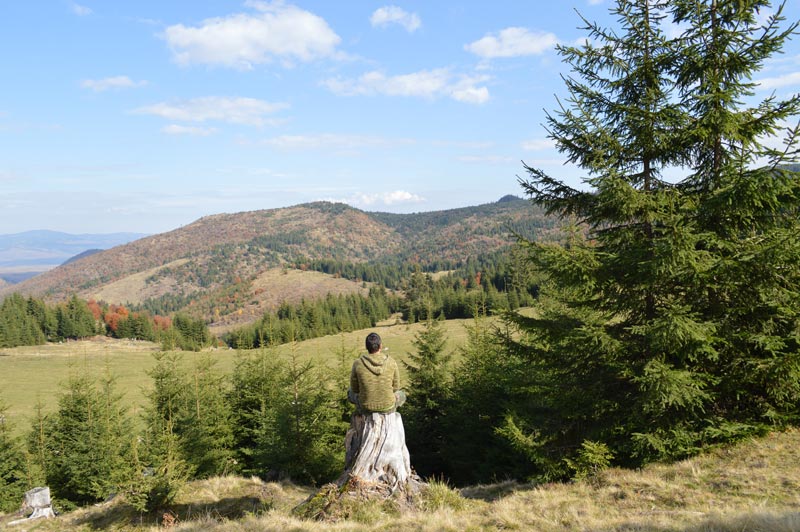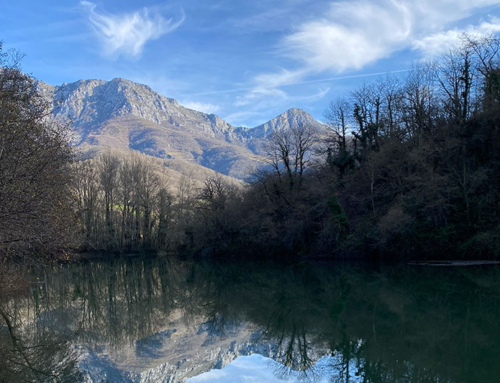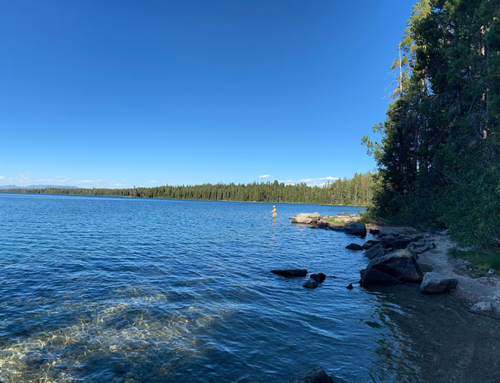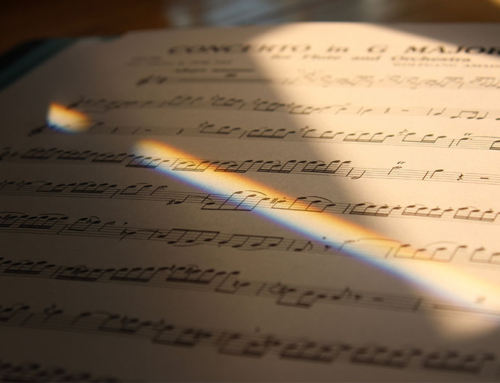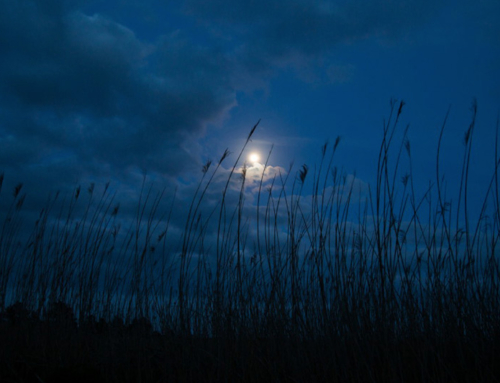By: Lakshmi
His name was Luke. Actually his birth name was Lucias, which in Latin meant the luminous one or the one born at dawn. His name was chosen by his father, an academic in the ancient languages and a lover of the enigmatic book Metamorphosis by Lucius Apuleius. He was born into a traditional English family, where they prioritized discipline, uprightness, the love for animals and the passion for country living. He grew up in the West Country near Glastonbury, an area that vibrated with pagan mysticism and the legends of King Arthur.
His grandfather was a pivotal figure who inspired him with his peace and wisdom during his childhood. He had instilled in him a love for literature. Luke remembered very clearly the day that his grandfather sat down in front of him and said: “books are an extraordinary doorway for us to discover the mysteries of the visible and invisible worlds”. He spent many hours sitting in his family’s library, Debussy’s classical music floating in the air, with a hardcover book in his hands, feeling transported to exotic worlds.
Luke was tall and slim, with dark hair and warm hazel brown eyes.He was highly sensitive, intelligent, with a quick mind and in his heart he was a born dreamer. He had an elegance about him and emanated goodness in his spirit. His presence was engaging and he made friends easily, although one of his greatest loves was to be in solitude, walking out into the English meadows, with a book and a journal to write in. He inherited this affectionate relationship with nature from his Mother, an independent woman and a talented painter.
Luke studied an undergraduate and master’s degree in literature at the University of Bristol. He wanted his passion for books to inspire the next generations and for this reason he believed that his vocation was teaching. When he was twenty-four, he moved to London, to experience the rhythm of the metropolis and to pursue his dream. In the capital city he lived a simple life in a small apartment near Greenwich, on the banks of the river Thames and overlooking a peaceful park.
It had been three years since he had arrived in the big city. It was Saturday morning in October and the dry leaves were swirling in the autumn winds. Luke had had a challenging week and felt overworked. This morning, he woke up with a disturbing inner dialogue. He considered himself to be an eternal student and found pleasure in discovering truths about himself and the world through the mind. Early on in his career, he imagined that he would be capable of enthralling his students with the written word. Besides this, he dreamed of awakening their curiosity to one of his intense passions, Eastern Literature. He saw it as a path to the acceptance of diverse realities and ways of living.
However, now he felt dissatisfied and forlorn. Of course, he had a few exceptional students who understood his enthusiasm and discovered the pleasure of reading. But in general, it seemed that they were asleep somehow and it was a battle to maintain their interest. During these years, he began to realize that perhaps his relationship with books was a thing of the past. “Why are we so distracted and agitated? Why have we lost the thirst for knowledge and for other ideas?” Despite the possible answers that pressured him in his mind, he felt powerless.
He made himself a cup of hot milky black tea, went back into bed and began reading. It was a book by the American thinker and mystic Ken Wilber. He admired the way that this author integrated the Eastern philosophies that were sometimes difficult for the western rational mind to understand, with psychological discoveries. He opened to a page where Wilber described two paths for human growth: the development and the awakening. “The Development is associated with the structures that compose the processes of psychological maturity and its ultimate aim being fulfillment. On the other side, the Awakening is related to the states that we can experience to achieve a radical freedom, or as the Zen Buddhists say: the Original Face“.
He continued to read and Wilber stated: “The psychological Development gives us the possibility to flourish in the world, and the Awakening of the consciousness, through the cultivation of meditative states takes us to a loving, creative nexus with existence”. He interrupted his reading and felt overwhelmed by the complexity “What vast experiences! Are these states even possible?”, he exclaimed out aloud.
He began to locate his personality that interacted in the world, and next he made an effort to find his inner witness.
He paused and fell silent contemplating these two realities. He tried to locate his psychological being within himself, and he wanted to see if it was possible to perceive a different reality. Then he felt a blossoming in his consciousness. He allowed his question to unfold and his mind became clear. He began to locate his personality that interacted in the world, and next he made an effort to find his inner witness. Slowly, as he had read in various works, he relaxed this vision to invite a more expansive state in his being. Soon, the problems that began his initial reflection disappeared. Bliss entered into his consciousness and time opened its wings of generosity.
He slowly raised himself up and looked through his window, the view of the park caught him off guard. The beauty surprised him, and he sensed a shimmer of wonderment pass through his being like a caress. The birds were chirping and he was moved by their sweetness. The greyness of his heart gladly received their trills like colors of innocence. The sensation paralyzed him and he blinked intensely. It was difficult to believe that this simple scene had brought him such rapture. He wanted to recover the ‘reality’, but there was a part of him that was ready to open to this delight.
He brought his body closer to the window, he opened the curtains widely and fell softly down into the chair. It was then that he realized before this day, he simply had not ‘seen’. In this cold city with overcast skies, the sun with its intense light was above the clouds, and when some of the delicate rays settled themselves, they transformed each object. Luke observed, he was fascinated of how this daily scene could became a work of art in graceful movement. The shapes and their shadows; the greens and golds of the autumn leaves, and the invisible and powerful breeze enchanted his heart. He observed the forms and at the same time had an awareness of being completely empty inside. There were sensations of openness, but his thoughts and anxieties faded. Time passed in an eternal present.
It was then that he remembered the echo of distant words from a book in his past. He now understood that the beauty had generated a state of freedom, and this golden bridge had guided him to a deeper part of himself. Without seeking it he had become unified with the flow of existence. The words that emerged strongly were those of the Tibetan master Kalu Rinpoche, who spoke of the three steps towards wisdom, Study, Reflection, and Experience. It was as if there were a thread that ran through his existence: the first books he had read with his grandfather; his dedication and love for letters; the conversations with his students, and his constant need to wonder about the order of things, that had been woven together to create an alchemy, just when he was in the middle of a crisis.
The universality from his reading and the clarity reached by his self-inquiry had made the initiation of a transformation that roared within him possible. He knew that he had begun to glimpse into a reality that the wise men and women had discovered for centuries. He felt inspired to continue on with this fascinating investigation of his inner Self and to live other ways of becoming intimate with his reality. He chose some Japanese flute music and began to write. He knew it was the beginning of a Journey into the depths of his existence.
Photos: Radu Emanuel y Aaron Burden (Unsplash).


